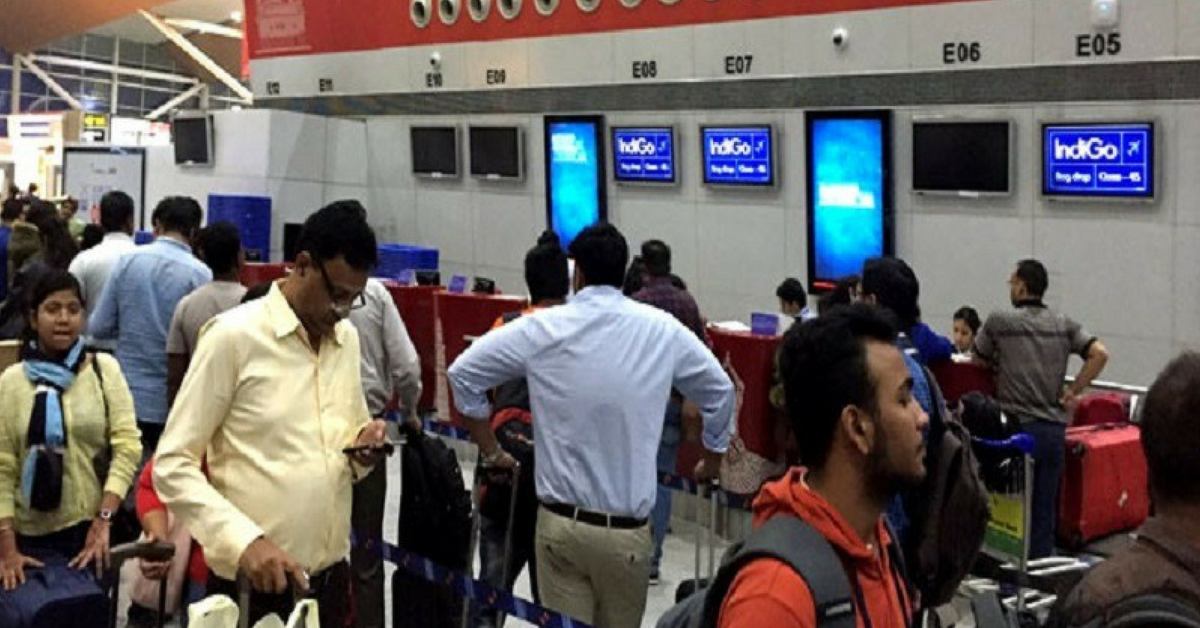Since 1 October 2019, five changes in the country’s monetary policy have been affecting your finances. In this article, we take a look at these changes and how they affect your financial decisions.
This Diwali decorate your homes with a wide range of beautiful lights
1. GST revision on hotel reservation
The GST rates for hotel rooms with tariffs between Rs 1,000 to Rs 7,500 will be 12 per cent as opposed to 18 per cent earlier. Similarly, for hotel rooms at rates of Rs 7500 and above will incur a GST of 18 per cent reduced from the 28 per cent earlier.
2. Document Identification Number (DIN) for all communication
From 1 October, all Income Tax notices, letters or any official tax-related communication will carry a DIN. This computer-generated number will be verifiable on the e-filing portal of the income tax department.
All communications from the department post 1 October 2019, without a DIN will be considered invalid.
3. Submission of Life Certificate

Good news for the senior citizens.
The government has extended the dates for the submission of Life Certificates (Jeevan Praman) that senior citizens had to submit between 1 November and 30 November each year.
Now, senior citizens over the age of 80 have two months to do so, i.e. between 1 October and 30 November and the certificate will be valid till 30 November the next year.
All pensioners have to deposit life certificates with their banks to continue getting their pensions. For pensioners below the age of 80, the submission period remains the same.
4. No discount on fuel transactions
If you have been swiping your credit card to pay for your fuel at petrol pumps, please be aware of this change. A PTI report spoke of a rollback of the 0.75 per cent discount being offered on payment via credit cards from 1 October 2019.
The oil companies introduced these discounts around two and a half years ago, post demonetisation to encourage more people to make payments digitally.
However, discounts offered on debit cards and other modes of digital payments will continue.
5. No selling travel insurance via online travel portals

Insurance Regulatory and Development Authority of India has notified all insurers that the option for travel insurance coverage is not pre-selected as default option across any ticket-booking app or website. The Authority has also mandated that travel insurance cannot be bought with tickets purchased 90 days prior to the date of travelling.
These changes have been brought to control the mis-selling of travel insurance on online portals for ticket bookings.
6. RBI changing the way banks charge you for loans
The RBI has directed banks to link all floating-rate loans like personal, auto or housing to an external benchmark. This can either be the repo rate, three to six-month Treasury-Bill yields or any market-rate benchmark that the Financial Benchmarks India publishes.
The RBI has also directed banks to reset the interest rates that are linked to external benchmarks at least once in three months. Thus, this will impact your monthly installments every three months as is specified in the bank agreement.
While we have taken utmost care to put this article together, do keep an eye out for changes that the government implements from time to time.
Also Read: Setting Up Your Own Startup? 5 Legal Basics Every Entrepreneur Should Know!
(Edited by Saiqua Sultan)